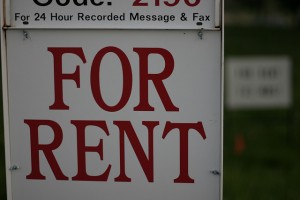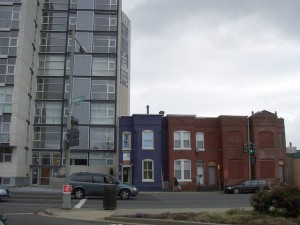The report, issued by the U.S. Commission on Civil Rights and posted below, found that builders are constructing apartment buildings that aren’t handicapped-accessible. It also found that some District landlords still practice racial discrimination against African Americans, and that there’s a lack of subsidized housing units west of Rock Creek Park, in a predominately wealthy and white part of the city.
When a person feels they are a victim of housing discrimination, they can file a complaint with the D.C. Office of Human Rights. The office received 397 house discrimination cases from 2002 to 2010. Complaints, which can contain more than one basis for discrimination, were filed based on the following categories:
Continue reading







